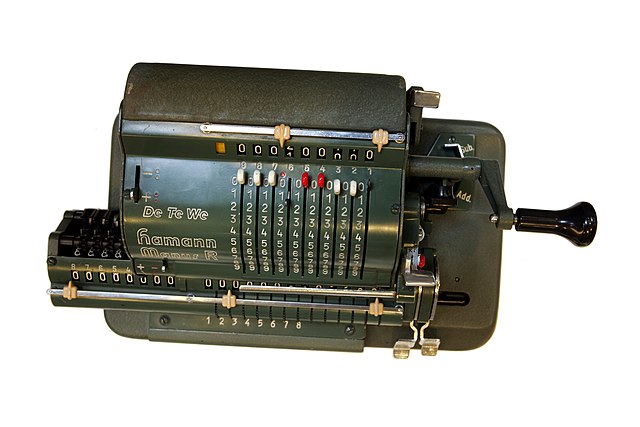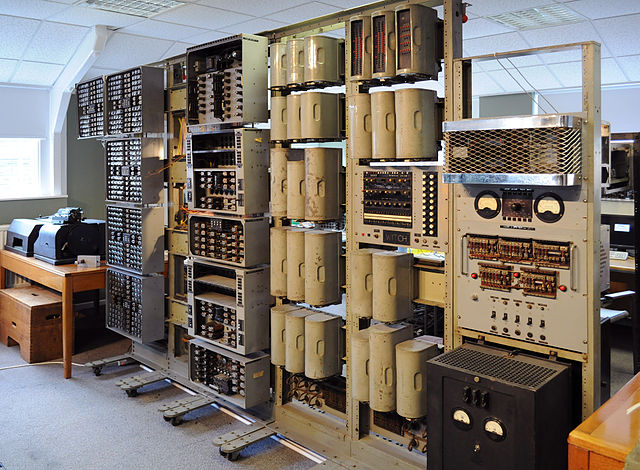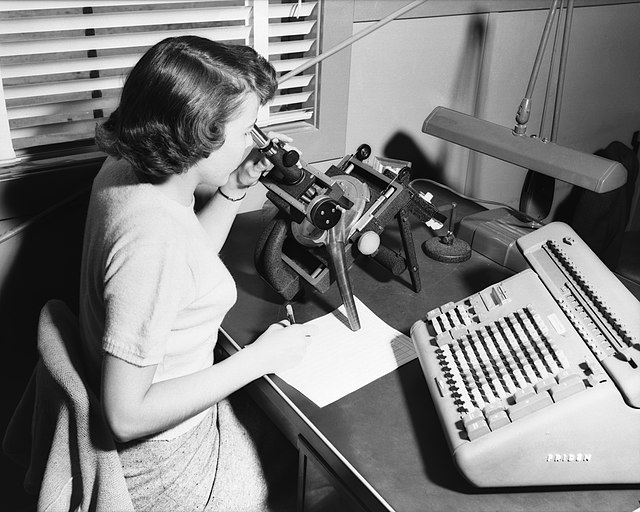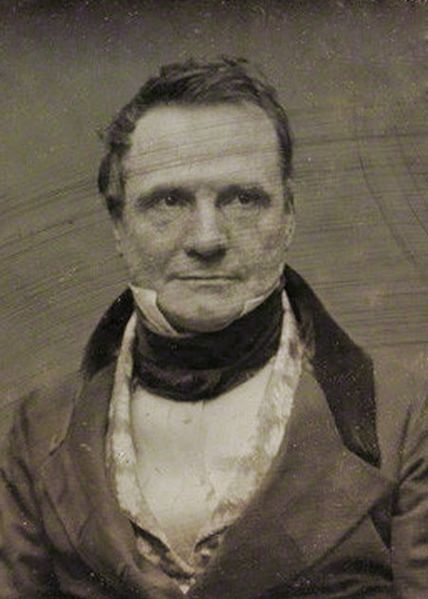A mechanical computer is a computer built from mechanical components such as levers and gears rather than electronic components. The most common examples are adding machines and mechanical counters, which use the turning of gears to increment output displays. More complex examples could carry out multiplication and division—Friden used a moving head which paused at each column—and even differential analysis. One model, the Ascota 170 accounting machine sold in the 1960s, calculated square roots.
Hamman Manus R mechanical computer, produced in Germany by the DeTeWe company between 1953 and 1959
Curta Calculator
Harwell Dekatron
A computer is a machine that can be programmed to automatically carry out sequences of arithmetic or logical operations (computation). Modern digital electronic computers can perform generic sets of operations known as programs. These programs enable computers to perform a wide range of tasks. The term computer system may refer to a nominally complete computer that includes the hardware, operating system, software, and peripheral equipment needed and used for full operation; or to a group of computers that are linked and function together, such as a computer network or computer cluster.
A human computer, with microscope and calculator, 1952
The Ishango bone, a bone tool dating back to prehistoric Africa
The Antikythera mechanism, dating back to ancient Greece circa 150–100 BCE, is an early analog computing device.
Charles Babbage c. 1850







